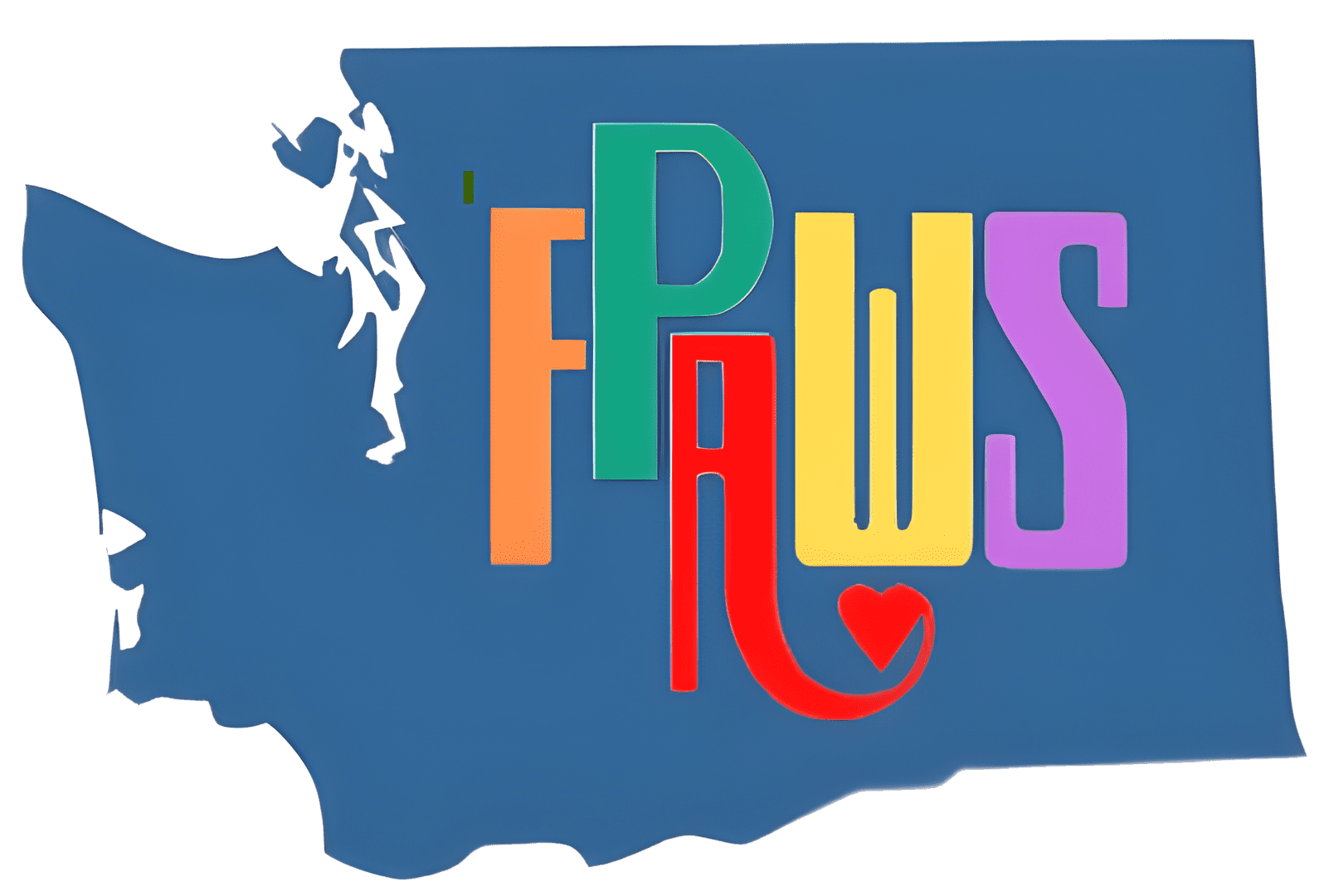DCYF recorded the webinar presented on October 23rd and it is available to watch on YouTube:
https://www.youtube.com/watch?v=umYPl5xhiZQ
A summary transcript generated by Chat GPT:
Implementation of Keeping Families Together Act 00:00
The Keeping Families Together Act, passed in 2021 and effective since July 23, aims to safely reduce the number of children in foster care, address racial disproportionality, and prioritize placement with relatives. The legal standards for child removal have changed, emphasizing imminent physical harm over risk alone. Courts now order the Department of Children and Families (DCF) to issue initial licenses to relatives and provide necessary support. The implementation involves extensive stakeholder collaboration, training programs like the Foundations of Practice, ongoing education, and the introduction of Safe Child Consultations. These consultations precede dependency petition filings and prioritize keeping children at home through safety plans, family team decision-making meetings, and a comprehensive approach to assessing removal recommendations.
Impact of Keeping Families Together Act 06:54
The implementation of the Keeping Families Together Act is showing positive results, aligning with its goal to reduce removals and prioritize family and community support. Internal qualitative case reviews indicate a conscientious effort to prevent child removals, supporting safety plans whenever possible. Additionally, the intersection of the Fentanyl crisis and substance abuse challenges presents ongoing risks to children. Despite these challenges, data reveals a 25% decrease in children entering care state-wide since July 1, with notable reductions in voluntary placements, protective custodies, and court-approved placements. The age breakdown further highlights significant decreases, especially in the youngest age group (0-1), suggesting the impact of both the Keeping Families Together Act and Plan of Safe Care changes.
Impact of Fentanyl Crisis on Child Welfare 15:05
The Fentanyl crisis is significantly impacting child welfare in Washington state. Fentanyl-related critical incidents, especially among young children (0-3), are on the rise, leading to a concerning trend of fatalities and near-fatalities. The increase in critical incidents is largely driven by accidental ingestion of Fentanyl, posing a severe safety risk to young children. Disturbingly, a large portion of these incidents occurs in situations where there was no safety threat indicated at the time of the child welfare assessment. Despite the implementation of the Keeping Families Together Act, the crisis highlights the ongoing challenges families face, including the need for community-based resources, substance abuse treatment, mental health services, domestic violence support, and economic assistance to ensure child safety and family well-being.
Fentanyl in the Home as a Safety Threat 23:02
The presence of fentanyl in the home is considered a safety threat by the Department of Children and Families. When fentanyl is identified in a household, it becomes a safety threat, indicating an immediate risk to the well-being of the individuals, particularly young children. Safety threats arise when existing risks are activated, and the lack of a safety net or mitigating factors increases the potential harm. Fentanyl, being a potent and dangerous substance, poses a significant safety risk, especially for young children who may accidentally ingest it.
Analysis of Overall Fatality Numbers with CPS Involvement 29:46
Comparing overall fatality numbers with CPS involvement from the first quarter of last year to the first quarter of this year reveals crucial insights. It helps identify trends, potential areas of concern, and assess the impact of any changes in policies or practices. This analysis aids in understanding the effectiveness of child welfare interventions and informs ongoing efforts to enhance child safety and well-being. While specific numbers are not provided here, the qualitative information from fatality reviews is available on the agency’s website, offering a more in-depth exploration of each case.
Support for Relative and Kin Caregivers 36:28
CPS provides crucial support to families, relatives, grandparents, or guardians caring for young children. This includes access to financial resources, initial license benefits triggering foster care maintenance payments, and ongoing investments in caregiver support services. The level of support varies based on the child’s placement status, ensuring a comprehensive approach to meet the needs of caregivers. The goal is to provide a safety net that extends beyond formal CPS involvement, encompassing informal placements and engaging partners for additional support services.
Enhancing Substance Use Disorder Support 43:01
To address the evolving challenges, we are intensifying our focus on substance use disorder support. This includes implementing the Child Welfare Early Learning Navigator statewide, expanding successful prevention interventions from specific regions, and advocating for increased access to vital services. We recognize the importance of collaboration with stakeholders, continuous data monitoring, and informing key decision-makers about the pressing need for substance use disorder treatment and community-based services.
Advocating for Expanded Residential Drug Treatment 49:44
To address the critical shortage of residential drug treatment options, we are advocating for increased access to such facilities and the expansion of models that allow families to stay together during treatment. With a focus on increasing pay for substance use disorder professionals, improving access to essential services, and supporting medication-assisted treatment, our agency is committed to enhancing support for families struggling with substance use.

